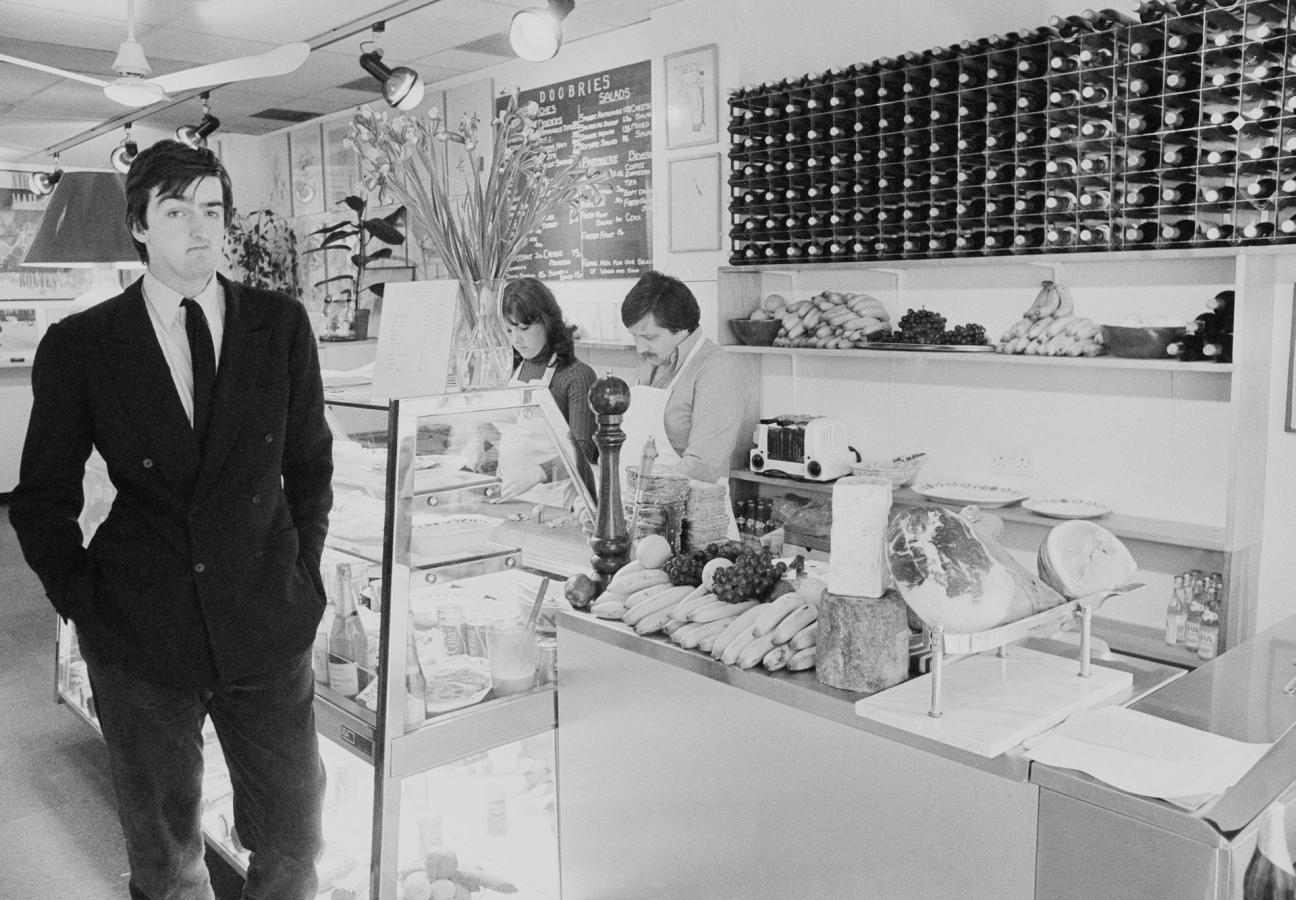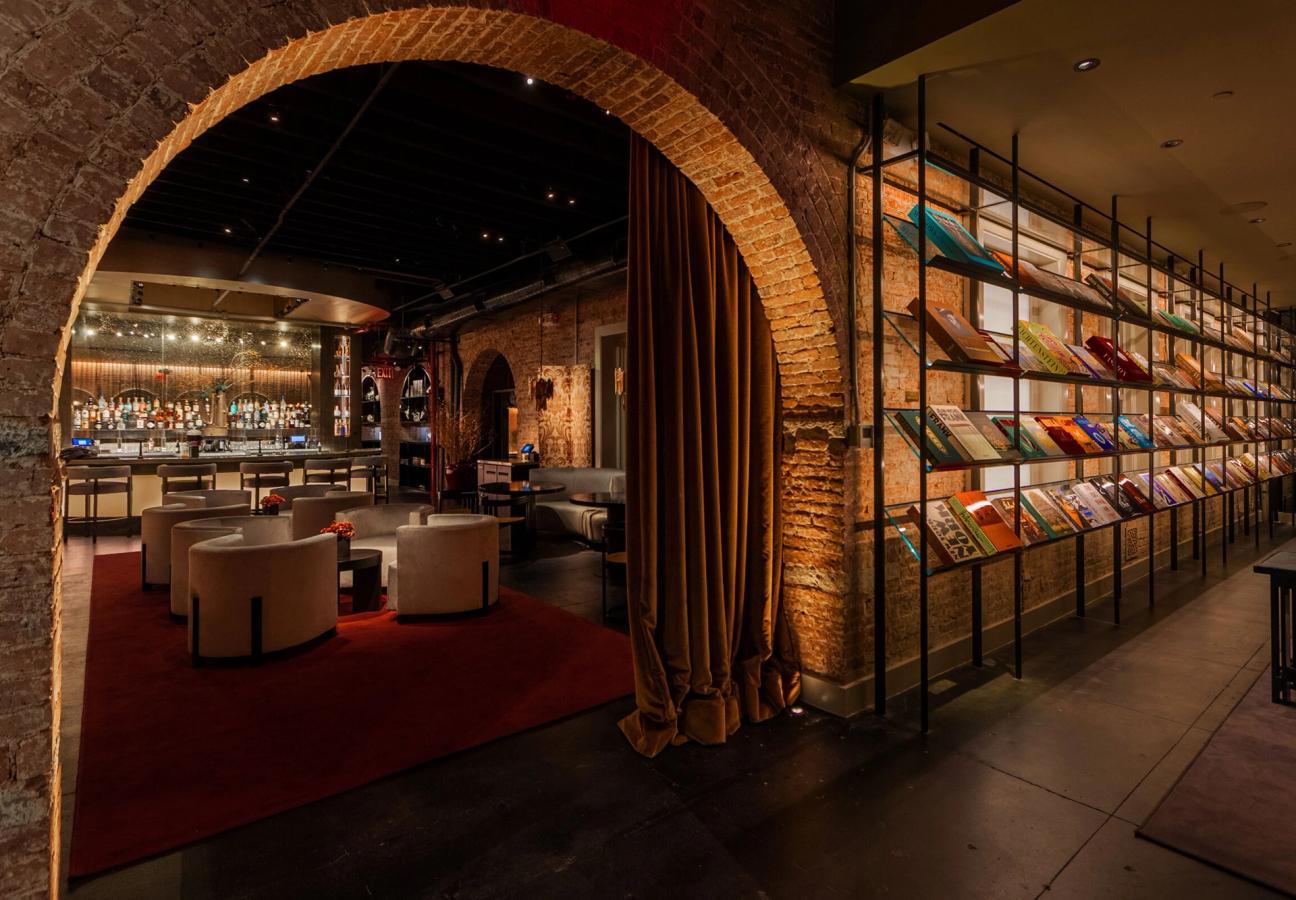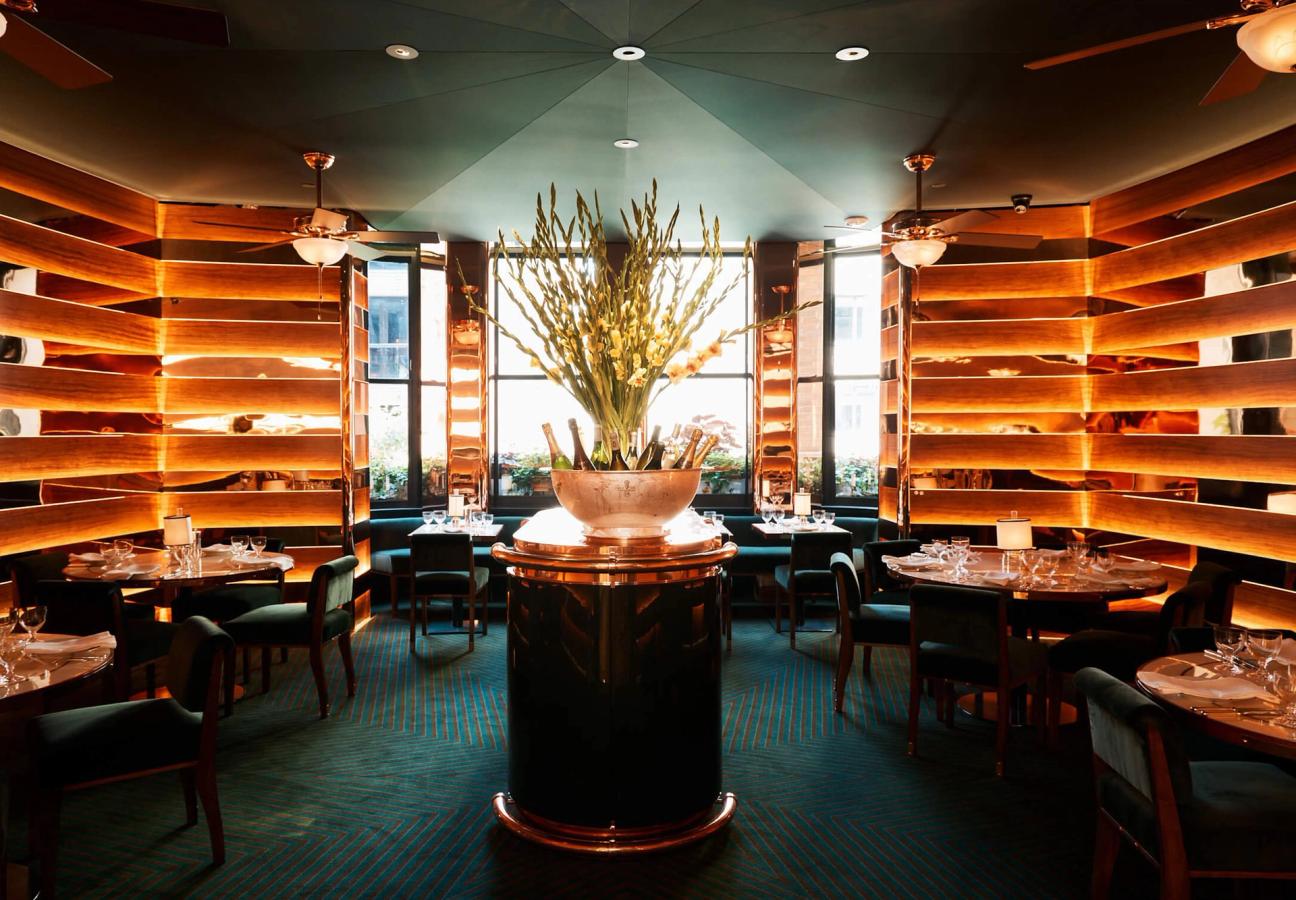Atlantic crossing: Why can't New York do private members' clubs?
Robin Birley is opening a new private members’ club in Manhattan, which, to the old boys back in Shepherd Market, is a bit like hearing they’re planning a test match on Mars. Who knew they even had the atmosphere for it up there? On the Upper East Side, meanwhile, the mood is more curious; flirtatious, even. A financier with the appearance of Bill Gates (and almost the bank balance), who lives in an oofy duplex above the proposed club, tells me that his friends and associates keep badgering him for updates about this new joint, try as they might to act aloof and indifferent. “They’ve been bitten by the bug, to be sure,” he says, and by this he means the English Disease. That lifelong affliction to sit on a better, more exclusive set of sofas; the anxious hop-skip-jump from prepschool to big school, to Pop, to the Bullingdon, to Hertford Street, to White’s, to the Hurlingham, to the MCC, to the House of Lords – and on and on, upwards and upwards, the air ever thinner and finer, towards the loveliest tomb in the smartest graveyard.

Robin Birley in 1980. Image: Getty.
Perhaps that’s not surprising. There’s been a transatlantic melding of the psyche of late. America’s greatest stars are English now, and the Cotswolds are full of errant Americans. The hills are alive with the sounds of Montauk. So it only makes sense that the last thing the English still do better than anyone else – run exclusive clubs – should be taken up by our New York cousins too. Yes, they’ve always had the likes of the Harvard and Yale club over there. Yes, they do country clubs just fine, if you don't mind all the turquoise Lycra. Yes, there was a rash of edgy places with intriguing points of difference – cocaine permitted; babies permitted – during the 2010s. And yes,there are Soho Houses everywhere now – which is the same thing, you’ll notice, as there being Soho House nowhere anymore. Exclusivity cannot be ubiquitous.
The real private members’ club – the platonic ideal of the thing; the sine qua non to the type of person who says things like sine qua non – has, up till now at least, remained an elusive beast for Manhattanites. There have been a few intriguing efforts of late. “All my friends are members of Zero Bond already, and probably Casa Cruz too,” says Diet Bill Gates, referring to those two splashy, recent-ish entrants onto the scene. But these, one senses, provide something quite different to their St James’s or Mayfair counterparts. You can book a table at Casa Cruz (the food is excellent) even if you’re not a member, and a finance bro once offered to arm wrestle me for a night with his girlfriend. Great fun, but not quite a club club, old chap.
Zero Bond, which sounds like the 10th instalment in a Jason Statham franchise, is much more nightclub than members' club, though it requires membership fees and nominal vetting. (It’s $3,850 a year, plus a $1,000 initiation fee.) A New Yorker who knows about these things described it to me as “very meh”. Zero Bond was used as a filming location in Succession, and Mayor Eric Adams loves it – he held his 2021 election victory party there,and sits almost nightly in the section of the club that requires a laser fingerprint scan to get into. It would play havoc with the gout at the Garrick.

Zero Bond
Other contenders include the ‘members-mostly’ (hmm) Sartiano’s, named for Scott, the founder of Zero Bond – all very caviar bumps and waiting for the Kardashians. There’s also the terrifyingly big Aman hotel, where I stayed last year, which basically wants to trick you into thinking you’re anywhere else but Manhattan. I have never seen such teeth. The city’s most expensive hotel and spa, it’s recently slotted a $15,000-a-year (plus $200,000 up front) private members’ section into its hollowed-out vastness. Can cryotherapy cure status anxiety? Either way, a friend of mine who lives between London and New York tells me the huge price tag is probably just a press hook, a fugazi. A few months after the Aman’s club opened, he says he was offered a full membership at a fraction of the advertised price.
What’s going on here? Why can’t New York nail this very specific type of hospitality? I spoke to Dana Brown, who wrote a particularly spicy review of Casa Cruz for Air Mail in December. In its intro – a quick gallop through the history of the topic – he described how “by the turn of the [20th] century, there were almost 120 such clubs in New York. A number of them are still around, although they haven't been a vital part of New York’s social fabric for decades.” He attributes that slow decline – and the disparity between the London scene – to two things. Firstly,the fact London used to have a historically awful dining landscape compared to somewhere like New York, meaning if you wanted to go somewhere for a decent steak, you were inclined to stick to what you knew, night after night – i.e. your club. This gave clubland a vital, steady purpose (and income) throughout the cultural shifts of the 20th century. More important than this, however, is the fact “everything in London shuts so incredibly early,” says Brown. In New York, he reminds us, there are “restaurants open 24 hours a day, and bars that serve drinks until 4 or 5 am.” You can stay out as long as you want, basically. The city that never sleeps, etc etc. When it gets to 11.30pm in London, however, the choice is between crowding around someone’s OKA coffee table in a Chelsea flatshare till 3am or heading to a lovely place with soft cushions where they know your name and you can smoke on the roof – with none of the irksome drawbacks (noise; large-format Grey Goose) of a proper nightclub. New York simply never had that “so where do we go now?” use case.

Casa Cruz
A third and final reason, perhaps, might be the uniquely anxious make-up of the British consciousness – a predilection for organising and demarcation most often joked about in our love of queues, but more subtly expressed in our interest in clubs. This just doesn’t exist in the same way in America. For one thing, it’s just too big, whereas Britain is manageably small enough to sustain a national snobbery. We tend to put people in boxes. We Like to know what school someone went to. We know what an accent says about a person. We have a very keen nose for class, and for people who pretend they’re in a different one than they actually are. In London especially we like tribes and application processes and hurdles – private banks that don’t want Nigel Farage in them; tennis clubs you can only marry into; pubs that serve decent Guinness and are impossible to get a table at. The Americans, at their constitutional hearts, believe in celebrating upward mobility, not giggling at it; they prize social meritocracy, not impenetrable chumminess. (It’s one of the reasons they hold sports so dear.)
“I’ll be interested to see how Birley’s club gets along,”says Brown. “Maybe he can somehow make it work where others have failed.” The new spot sprawls across an entire block between 69th and 70th on Madison Avenue. It’ll go over two floors and will be called Maxime’s, after Birley’saunt Maxime Le Bailly, the Comtesse de La Falaise, who was an “underground” film star in the 1960s. Pierre Rougier is doing the PR, though I doubt he’d call it that. He's The sceney comms guru who most often reps Balenciaga, Louis Vuitton and Versace. We’re not in Shepherd Market any more. Darius Namdar, late of Mark’s Club and The Twenty Two in London, and nifty with a cigar, has been air dropped in to manage the show.
Namdar, crucially, is English.“Clubs are just about the only thing you Brits do better than anyone else,” says Billy Gates. “In fact, it’s the only thing you do well at all.” A highly clubbed-up Londoner, meanwhile (5HS, Annabel’s, Oswald’s, Maison Estelle, etc etc), boasts to me now he's already secured membership at “Birley’s pond-hopper”. This, to him, was a far shinier bauble than simply another membership in London. “Just much more going on,” he says, and anyway, he’s always liked the idea of an American wife. If lots more follow, this would be an interesting development. They sometimes say of Nantucket that it is “more English than the English”. Likewise, in a truly clubbable piece of sleight of hand, the most desirable members’ club in London might soon be in New York.
This feature was taken from our Spring 2024 issue. Read more about it here.
For more from the Big Apple, discover the city's ultimate power lunch hot-spots...
